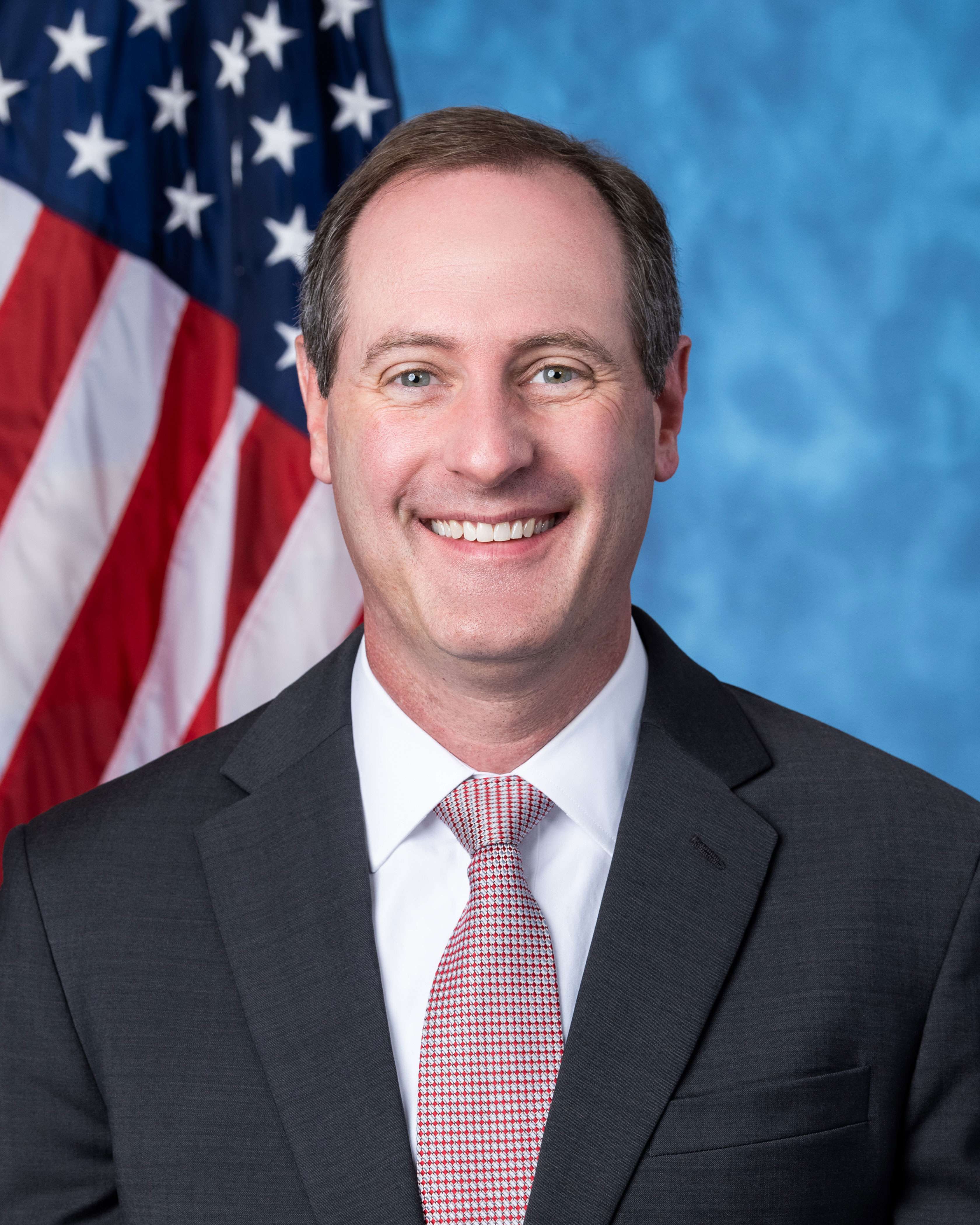
U.S. Congressman Tracey Mann spoke candidly about global security, domestic policy, and rural Kansas priorities in a wide-ranging interview Thursday morning on the BW Morning Show.
Opening with comments on the weekend’s U.S.-led military operation targeting Iran’s nuclear infrastructure, Mann praised the use of B-2 bombers and reaffirmed a hardline stance: “Under no circumstance should Iran be allowed to have a nuclear weapon,” he said. Mann credited President Donald Trump with brokering a fragile peace following the strike. “It's been a little shaky early on, but so far, it’s holding — and that’s a good thing,” he said.

Turning to legislative issues, Mann promoted the “Big Beautiful Bill,” a sweeping tax and spending measure recently passed by the House. “If Congress doesn’t act, every Kansan, on average, will face a $2,200 tax increase starting January 1,” Mann warned, citing the expiration of provisions from the 2017 Tax Cuts and Jobs Act.
The bill, he said, contains tax relief aimed at working families and retirees, including provisions to eliminate taxes on Social Security, tips, and overtime pay. Mann emphasized the bill’s benefits for Kansas agriculture, highlighting updates to crop insurance, raised reference prices, and eased estate tax burdens.
Addressing healthcare concerns, particularly in rural areas, Mann stated that the bill would leave Medicare unchanged and would impose work requirements for able-bodied Medicaid recipients without dependents. “Medicaid spending will still rise year over year,” Mann said, though he acknowledged impacts may vary based on each hospital’s patient base.
He also addressed education, championing a provision he authored to change how farm assets are treated on FAFSA forms, helping students from agricultural families qualify more easily for financial aid. Mann voiced strong support for vocational and technical training, saying Kansas must “make sure that our education system is producing folks with the skills for the jobs we need.”
Mann also discussed his newly introduced bill concerning Haskell Indian Nations University in Lawrence, proposing a shift in governance from the Bureau of Indian Education to a tribal-nominated board. “It’s a one-of-a-kind, historic institution that’s been neglected. It ought to be a crown jewel,” he said. The bill would give Haskell self-governance and the ability to accept private funds, which Mann believes will lead to meaningful improvement.
With just minutes left in the interview, Mann mentioned continued work on the upcoming Farm Bill, which remains a top priority for Kansas producers. “We’re strengthening crop insurance, raising reference prices, and decreasing burdensome regulations,” he said.
Mann concluded by promising to stay focused on the needs of his rural constituents, saying, “We’re pushing back against government overreach and making sure Kansans are heard in Washington.”





